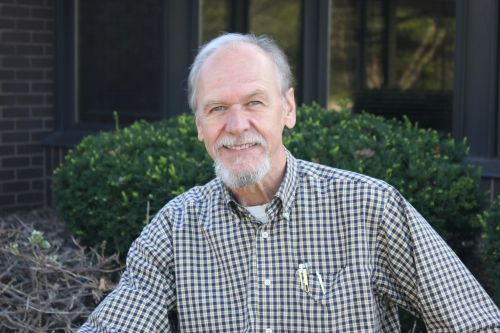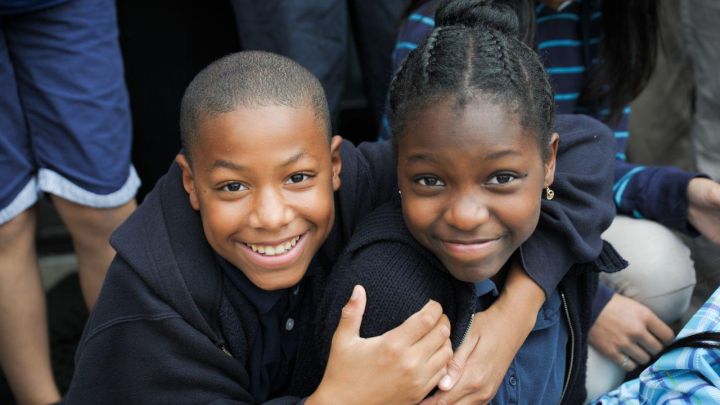Include Others - Jesus Did
Inclusiveness is a popular word with All Belong and in our affiliated schools. It is such an important part of what we do and what we stand for. What do we mean by the word “inclusiveness”? In its simplest terms it means nobody gets left out, or in more positive terms, everyone is included.
As Christian parents, we very consciously teach our children certain truths and standards that we expect them to live by, right now and as they mature into adults. We directly teach them to tell the truth, not to steal, to show honor to God and to others, and so much more. But, do we really teach them directly about including others? Probably not as much as we should. And our society is rife with examples of exclusion. Consider how poorly integrated most of our cities are. Look at the disparity that exists between the rich and poor, and how little the two interact. Or, there is the social gap that exists between the well-educated and those with little education. The examples of exclusion are countless and can even be seen in our churches, of all places.
Jesus gave us the perfect example of inclusivity. Jesus never excluded anyone. In fact, he went out of his way to include the very ones that were excluded by most of society. He was frequently accused of hanging with the wrong people. He makes it very clear to us that we, as his followers, are always to keep his example, and that by ignoring or rejecting those we consider “below” us, we are rejecting him. “Insomuch as you have done it unto the least of these, my brothers, you have done it unto me.” (Matthew 25:40)
So how do we help our children learn this important life lesson? First of all, we should lead by example. Think about who you invite to join you at your family dinner table. How is your family involved with minority families? How inclusive is your church? You can also help children overlook perceived differences in others by the language you use. Remind your children that although we are all different, we are much more alike. Help them to look past the “flaws” in others and recognize the hidden gifts others possess. Remind them that we are all made in God’s image.
You can probably already identify those children who are not fully accepted in your child’s class. Help your child to understand why they are not and together try to discover the strengths these children do have. Discuss with your child how it feels to be left out. Encourage your child to ask these children over for playtime or for dinner or, include one of these children in a family outing.
Many of our network schools form what we call “Circles of Friends” for children with unique learning needs or those who may have trouble adapting to the classroom. Children who participate in such circles find that the experience can be life-changing. This is not an exaggeration; I know many of these children who, as adults today, are working in a field related to that experience. If you would like to help your child’s school learn more about how to create and run these circles, contact us.

Greg Yoder
Greg Yoder graduated from Calvin College with a BA in education in 1972 and has since attained a masters in special education from Michigan State University with an endorsement in learning disabilities from Grand Valley State University. He served as a special ed teacher and as a teacher consultant at All Belong.
